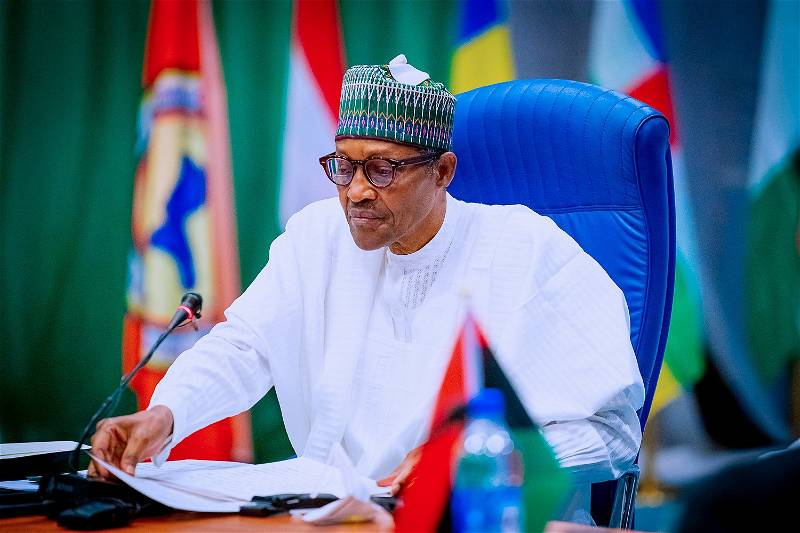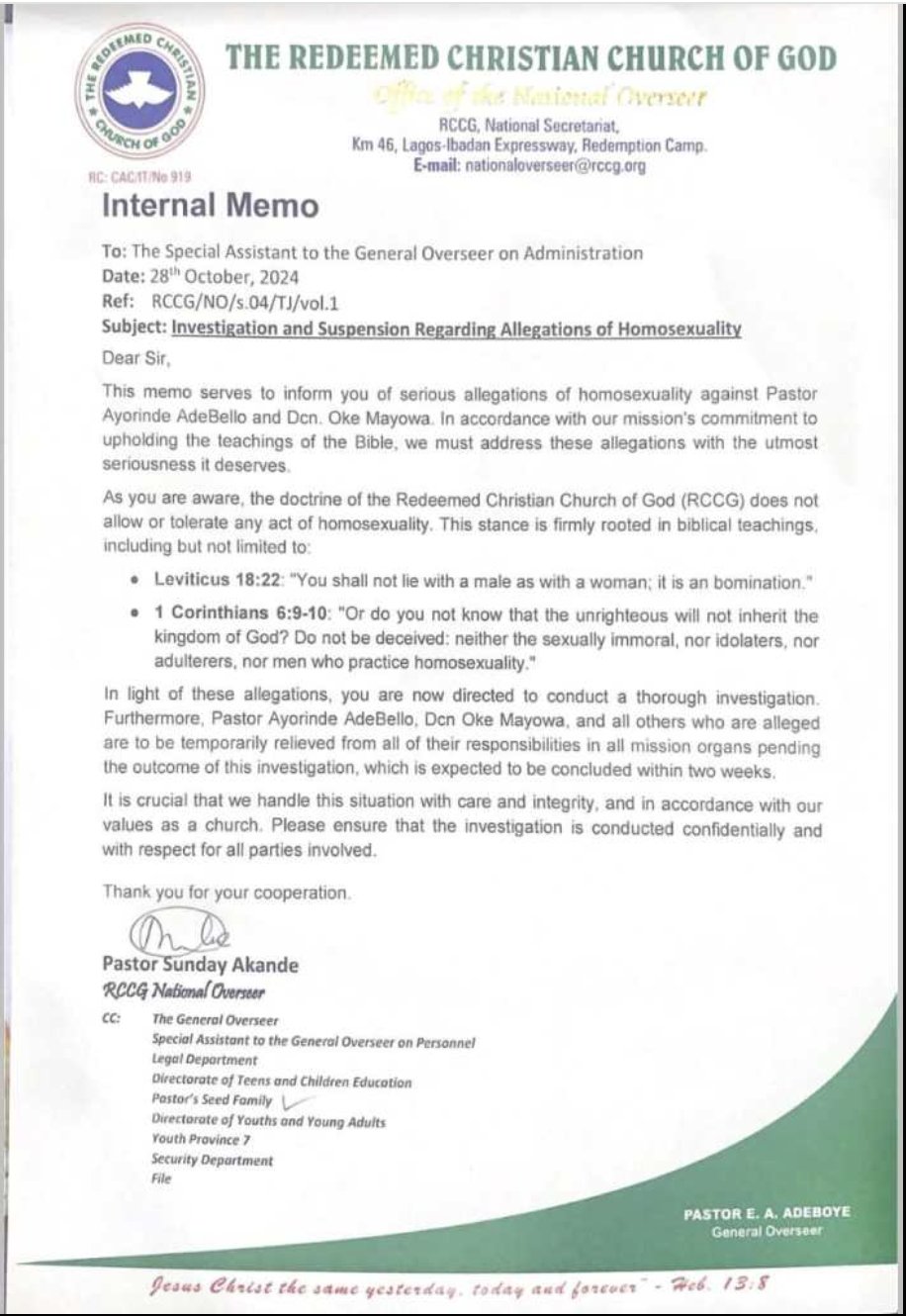
An Economist named Dr. Muda Yusuf recently expressed serious concerns about the fiscal operations of President Muhammadu Buhari's administration. The President made a new loan request of $800 million dollars just 17 days before the end of his tenure, which, according to Yusuf, could potentially lead Nigeria into a serious disaster. Yusuf, who is also the CEO of the Centre for Promotion of Private Enterprise, shared his thoughts on the matter during a televised breakfast show on Arise Television that was broadcasted from Abuja on Friday.
Yusuf observed that Nigeria's public debt stood at approximately N46 trillion at the end of the previous year, and he cautioned that this number could potentially increase to N80 trillion by the end of this year.
According to him, the current state of debt and revenue in Nigeria is quite alarming. He likened it to an economy that is teetering on the edge, and may be facing issues related to insolvency. This is because Nigeria is slowly approaching a situation where its entire revenue will be utilized solely for servicing its debts.
Yusuf cautioned that the situation may worsen, as Nigeria is on the brink of reaching its threshold for debt sustainability. He noted that at the end of 2022, the country's public debt was approximately N46 trillion, and with the securitization of the "Ways and Means," the Debt Management Office (DMO) has projected the debt could rise to almost N77 trillion. Additionally, there have been various types of borrowings from the Central Bank of Nigeria (CBN) and other sources since January. Therefore, by the end of this year, Nigeria's public debt could be approaching almost N80 trillion.
Yusuf also highlighted that even before the securitization, the 2023 budget already had a debt service component of approximately N6.3 trillion, while the total revenue was N10 trillion.
Yusuf emphasized that it is crucial to take drastic measures to prevent Nigeria from falling into the hands of the International Monetary Fund (IMF), which he believes could be a more complex situation.
Regrettably, Yusuf noted that most of the borrowings are not transparent, as the annual budget presented to the public lacks specific information regarding borrowing, particularly from the Central Bank of Nigeria (CBN).
Yusuf questioned the reasoning behind the decision to borrow, especially now that the debt situation in Nigeria has reached an alarming level. In his opinion, there is no justifiable basis for taking on additional debt, and he believes that the outgoing administration should not engage in new borrowing. He considers it unnecessary and suggests that instead of major transactions like borrowing, the administration should focus on wrapping up their activities by providing a comprehensive account of their achievements and balance sheet.









Leave a comment